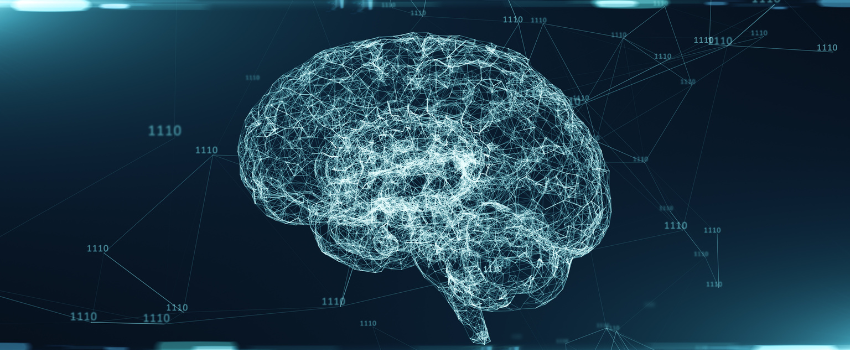Artificial Intelligence (AI) has become one of the most exciting and rapidly developing technologies in recent years. More and more companies and individuals are realizing its potential to improve our daily lives. In this article, we will explain what artificial intelligence is, present an interesting example of this technology that has taken the world by storm, and explore examples of the use of artificial intelligence in companies that are not very technologically advanced.
Artificial intelligence is a branch of computer science that deals with the development of computer systems that can perform tasks that normally require human intelligence. This includes the ability to understand natural language, recognize patterns, learn from experience, solve problems and make decisions.

AI is based on the idea that computer systems can mimic human intelligence using algorithms and large amounts of data. Algorithms are mathematical formulas that allow a computer to learn and improve its abilities over time. Large amounts of data are needed to “learn” algorithms and adapt to different situations.
Interesting examples of the use of artificial intelligence
AlphaGo
One of the most interesting examples of artificial intelligence is Google DeepMind’s AlphaGo. AlphaGo is a computer program designed to play the game of Go, one of the oldest and most complex board games in the world. The game of Go has more possible moves than chess, which means that it is much more difficult for the computer to predict the opponent’s moves and calculate the optimal strategy.
In 2016, AlphaGo shocked the world when it defeated Go World Champion Lee Sedol 4-1 in a five-game series. It was the first time a computer program had defeated a human champion in this game. AlphaGo achieved this historic victory by using advanced algorithms and deep learning technology, which allowed it to learn from millions of Go games and improve its skills over time.
Maps and navigation
Artificial intelligence has significantly improved travel. Instead of relying on printed maps or directions, you can now use Google or Apple Maps on your phone to enter your destination.
But how does the app know where to go? And even more, what is the optimal route, what are the roadblocks and where are the crowds? Until recently, only satellite GPS was available, but now artificial intelligence is being incorporated to provide users with a better experience.
Using machine learning, algorithms remember the edges of buildings, enabling better visual representations on the map and recognizing and understanding house numbers. The app has also learned to understand and recognize changes in traffic flow so it can recommend a route that avoids roadblocks and congestion.
Text editors or autocorrects
Maybe you used tools like Grammarly as a student to check your text before submitting a final piece to your teacher, or you still use it to spell check your email. This is another example of artificial intelligence.
Artificial intelligence algorithms use machine learning, deep learning, and natural language processing to identify incorrect language usage and suggest corrections in word processors, messaging apps, and any other written medium. Linguists and computer scientists work together to teach grammar to machines, much like they do in school. The algorithms learn from quality language data, so when you use a comma incorrectly, the editor finds it.
Examples of the possibilities of using artificial intelligence for every company
Artificial intelligence is not limited to high-tech companies. Even companies that are not very technologically advanced can take advantage of artificial intelligence to improve their business processes and increase competitiveness. Some examples of the use of artificial intelligence in such companies:
Recommender systems
AI can help companies design recommender systems that suggest products or services to customers based on their past shopping habits or interests. This can increase sales and improve customer satisfaction.
Inventory optimization
Artificial intelligence can help companies optimize inventory by predicting demand for products and services and adjusting inventory levels based on those forecasts. This can reduce costs and improve business efficiency.
Customer service automation
Businesses can use artificial intelligence to automate customer service, for example with the help of chatbots that can answer common questions and solve customer problems. This can reduce customer waiting times and increase customer satisfaction.
Data analysis
Artificial intelligence can help companies analyze large amounts of data to uncover patterns and trends that might not be visible to the human eye. This can help companies make better business decisions and predict future trends.
Conclusion
In conclusion, artificial intelligence offers many opportunities to improve business and increase competitiveness, regardless of the level of technological development of the company. By understanding the basics of artificial intelligence and its potential uses, businesses can begin to explore how this technology can contribute to their growth and success.



